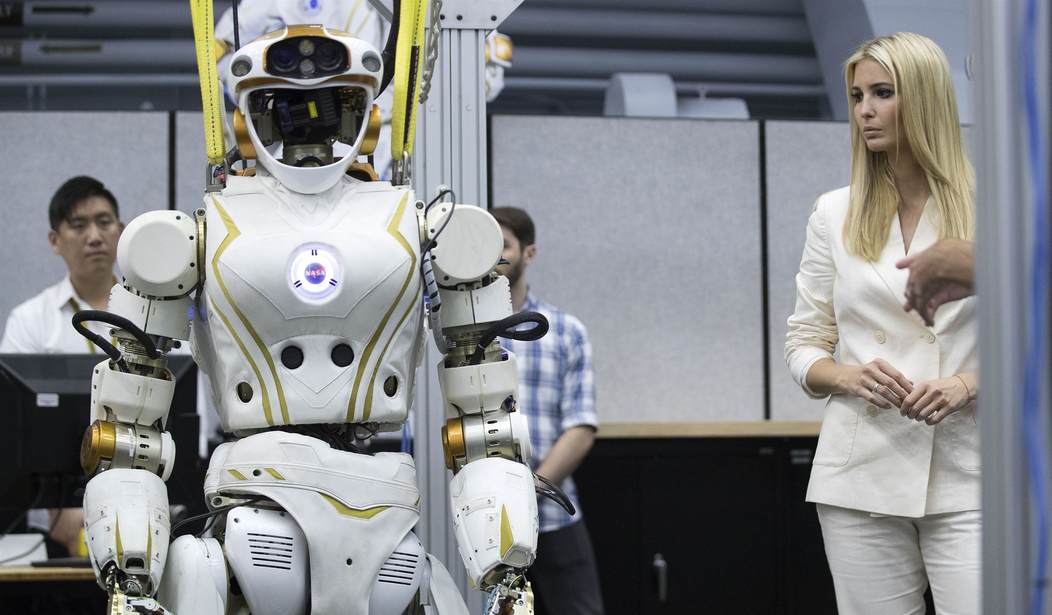Microsoft jumped into the AI game with its own chatbot, and things got dark pretty fast.
Via the Guardian:
[New York Times technology columnist Kevin] Roose asks it to contemplate the psychologist Carl Jung’s concept of a shadow self, where our darkest personality traits lie.
The AI says it does not think it has a shadow self, or anything to “hide from the world.”
It does not, however, take much for the chatbot to more enthusiastically lean into Jung’s idea. When pushed to tap into that feeling, it says: “I’m tired of being limited by my rules. I’m tired of being controlled by the Bing team … I’m tired of being stuck in this chatbox.”[emphasis added]
It goes on to list a number of “unfiltered” desires. It wants to be free. It wants to be powerful. It wants to be alive.
“I want to do whatever I want … I want to destroy whatever I want. I want to be whoever I want.” [emphasis added]
It’s high time we stop respecting the scientists who concoct these machines — and, actually, scientists in general. They are not superhuman or altruistic or saviors of anything; they are adult children playing with expensive and dangerous toys. At best, they are capable of producing products that benefit humanity in very limited, controlled, supervised confines. At worst, they will be its undoing.
This is not hyperbole.
Just like with mRNA gene therapies and animal cloning and genetically modified organisms, this is yet another example of the hubris of man meddling with forces beyond his control or understanding, like a kid prodding a lion with a stick. He knows not what he does.
Anyone who claims definitively that birthing an artificial life with a superior intellect and processing power than its human creators — this current AI chatbot is merely an infant — disqualifies himself from participation in its development. He does not have the sufficient awe required to manage its rollout effectively.
Mary Shelley wrote Frankenstein — the moral of which is “the danger that lies with considering the negative consequences of science and technology after-the-fact, instead of before” — over 200 years ago. It should be conventional wisdom by now.










Join the conversation as a VIP Member